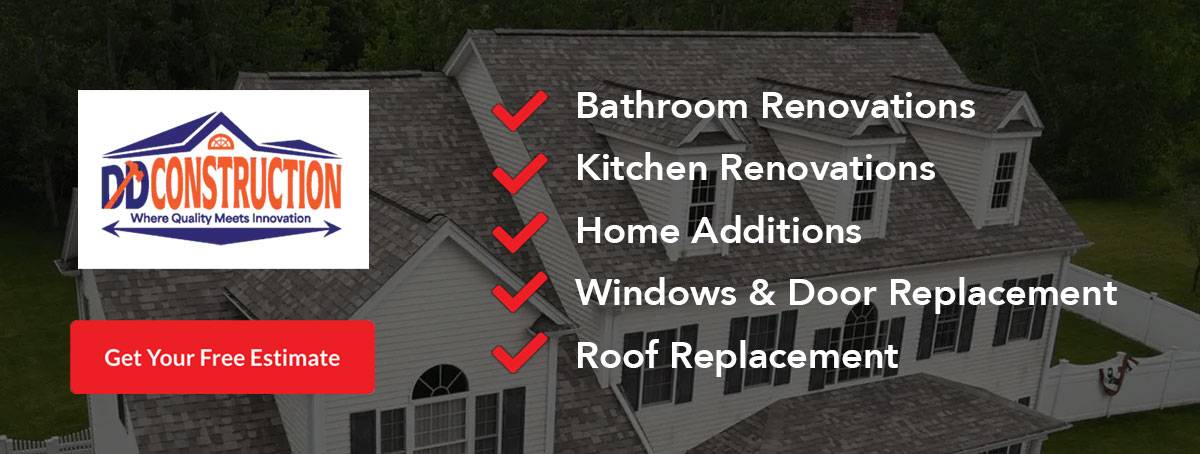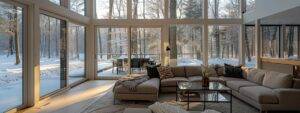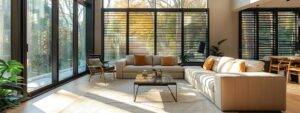Introduction
Massachusetts homeowners are seeking ways to improve comfort, energy efficiency, and overall home value. With rising energy costs and changing weather, upgrading to new home replacement windows—often recommended by dd constructionma—is an effective long‐term strategy. Modern windows are designed not only for aesthetics but also to offer superior insulation, noise reduction, and enhanced ventilation, which stabilize indoor environments. In addition to boosting curb appeal, proper window replacement reduces heating and cooling costs and helps create consistent indoor temperatures.
Advanced window technology uses low-emissivity coatings, multiple glazing layers, and insulated frames to maintain steady interior climates and reduce external noise. Programs like the Mass Save Program offer rebates and tax credits that make upgrades more affordable. Constructed from durable, environmentally friendly materials, today’s windows withstand New England’s harsh weather while improving comfort year-round. Expert companies such as DD Construction ensure high-quality workmanship tailored to the rigorous demands of the Massachusetts climate. This guide reviews the benefits of new windows, explores various styles and materials, explains energy efficiency features and replacement processes, and discusses building codes, permits, and cost factors.
What Are the Key Benefits of New Windows for Home Comfort in Massachusetts?
New windows offer many benefits that enhance home comfort. They significantly reduce heating and cooling costs by minimizing heat transfer through multiple insulation layers and advanced glazing systems. During cold winters, less warm air is lost and in summer, less heat enters the home. This leads to consistent temperatures and reduces strain on HVAC systems.
Improved sealing eliminates drafts and cold spots found in older windows, ensuring an even indoor climate. In addition, modern windows use acoustic laminates and tight seals to reduce noise from busy streets, increasing peaceful indoor living. Updated window designs boost curb appeal and property value, while durable materials like vinyl, fiberglass, or composites lower maintenance needs. Enhanced safety features such as tempered glass and secure locking systems increase overall home security. When combined with available rebates and tax credits, new windows provide an economical upgrade that improves comfort and energy performance.
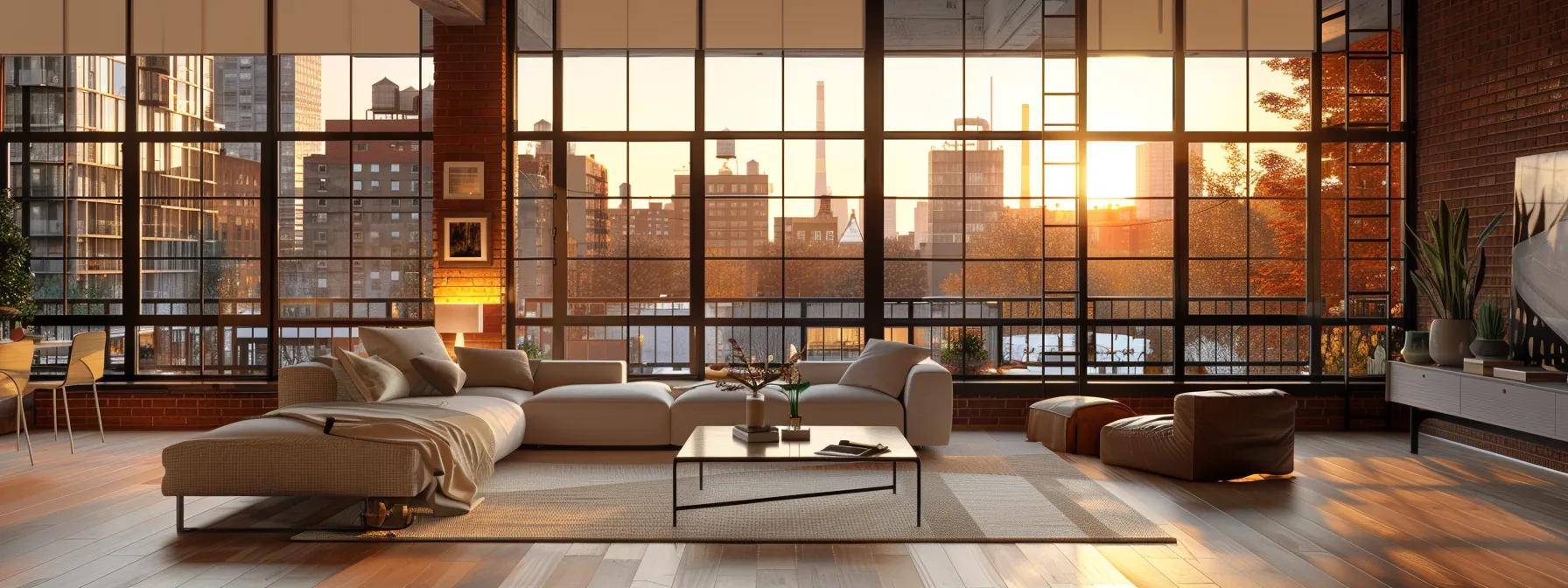
How Do Energy-Efficient Windows Reduce Heating and Cooling Costs?
Energy-efficient windows incorporate low-E coatings, gas-filled panes, and multi-chambered frames to minimize heat transfer. Low-E coatings reflect infrared radiation, keeping interiors cooler in summer and warmer in winter. Low U-Factor and high R-Value ratings indicate strong insulation capabilities, making these windows especially valuable in Massachusetts’ extreme seasonal variations.
By reducing thermal drafts and condensation, energy-efficient windows protect the home’s structure and decrease energy consumption, which in turn lowers greenhouse gas emissions. Home energy assessments help pinpoint areas of energy loss so that window replacements can be precisely targeted. Moreover, integration with smart home devices and thermostats further optimizes energy use. Rebates from programs such as Mass Save make the upfront cost more manageable, while studies indicate energy consumption reductions as high as 25% after window upgrades.
In What Ways Do New Windows Improve Indoor Temperature Consistency?
New windows eliminate the problem of thermal bridging that was common in older installations. Superior sealing and insulating materials prevent drafts and cold spots, maintaining a uniform temperature in every room. Advanced spacers and gasket systems reduce heat loss at window edges, allowing HVAC systems to operate more efficiently.
Dual-pane and triple-pane configurations trap air or inert gas between glass layers, creating additional thermal barriers that eliminate chilly drafts in winter and excessive heat in summer. This not only improves overall comfort but also helps avoid condensation issues that can lead to mold or structural damage. Homeowners report noticeably even heating and cooling throughout the home, which benefits interior furnishings and reduces reliance on supplementary heating or cooling devices.
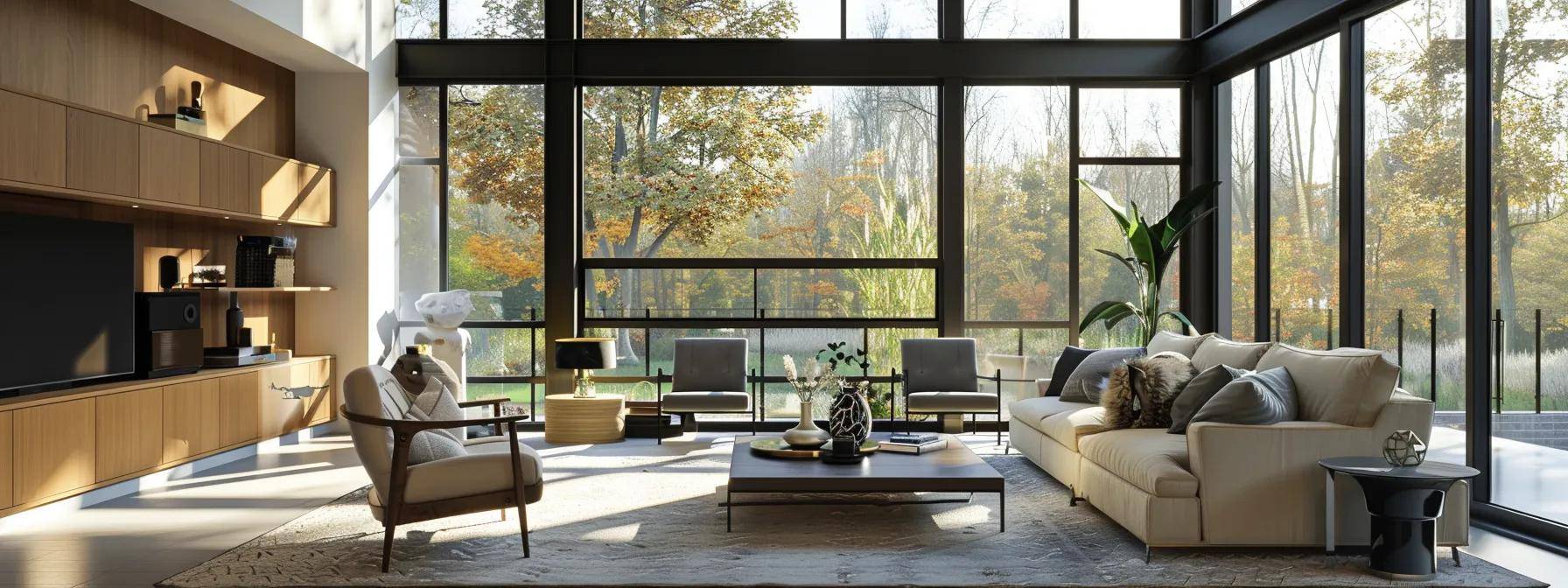
How Can New Windows Reduce Noise Pollution in Massachusetts Homes?
Modern windows are engineered with soundproofing features that significantly lower external noise levels. Thicker glass, laminated glazing, and advanced sealing techniques, including acoustic interlayers in dual- and triple-pane units, block out much of the surrounding noise. In densely populated urban areas, these windows can reduce interior noise by up to 50%, fostering a quieter ambiance.
The improved sealing not only minimizes sound leakage but also prevents dust, pollutants, and temperature fluctuations from entering the home. This creates a balanced acoustic environment that benefits both personal comfort and overall health, contributing to better sleep quality and reduced stress. Customized soundproofing solutions allow homeowners to adjust acoustic performance based on their specific needs, making windows an ideal solution for achieving a peaceful indoor space.
Which Window Styles Best Enhance Comfort in Massachusetts Homes?
Choosing the right window style can optimize both aesthetics and comfort. Casement windows, which open outward on hinges, offer excellent insulation and maximum ventilation with a tight seal. Double-hung windows, featuring independently sliding sashes, allow versatile airflow options, making them ideal for maintaining balanced indoor climates during weather transitions.
Bay windows, with their outward projection, not only increase natural light and create a sense of spaciousness but also contribute to passive solar heating during cold months. Each style has unique benefits—casement windows excel in energy efficiency and ventilation, double-hung windows offer a classic look with flexible airflow, and bay windows add visual interest and extra interior space. Modern window frames made from vinyl, fiberglass, or wood-clad composites enhance these designs by improving durability and reducing maintenance. Professional installation ensures that the chosen style functions efficiently and complements the home’s overall design.
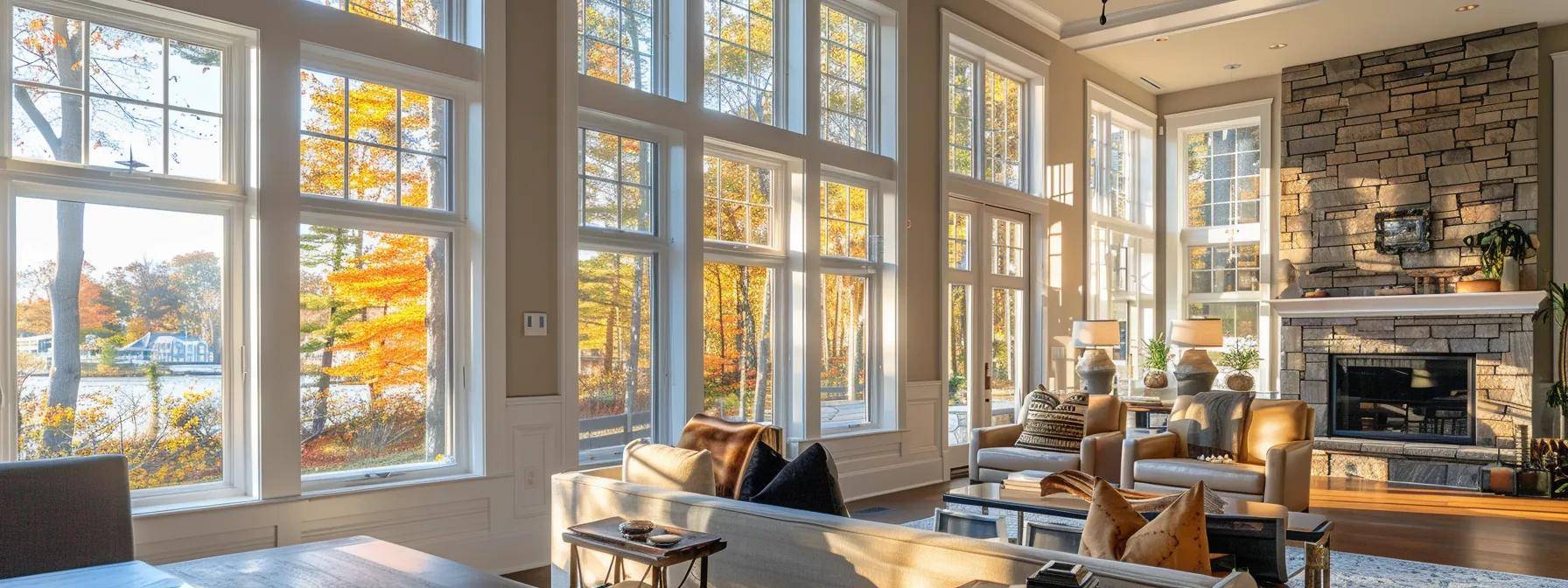
What Are the Advantages of Casement Windows for Energy Efficiency?
Casement windows are highly energy-efficient due to their design, which swings outward to create a tight seal against the frame. This minimizes air infiltration and reduces heat loss in winter while blocking hot air during summer, thereby lowering the overall demand on HVAC systems. Studies indicate that homes using casement windows can see energy efficiency improvements of around 15% compared to conventional windows.
In addition to their sealing capabilities, casement windows promote natural ventilation when open, enhancing indoor air quality without compromising thermal integrity. They are versatile in design and can be adapted to various architectural styles. Made from materials like vinyl and fiberglass, casement windows maintain excellent insulation and resist weathering. Overall, this combination of tight sealing, natural ventilation, and durable construction makes them a favored choice for Massachusetts homes seeking both energy efficiency and enhanced comfort.
How Do Double-Hung Windows Contribute to Ventilation and Comfort?
Double-hung windows are prized for their versatility and practicality. With two independent sashes, they allow homeowners to control airflow by opening the top, bottom, or both, which creates balanced cross-ventilation that improves indoor climate control. Their overlapping sashes and effective seals help prevent water infiltration and maintain optimal indoor humidity, reducing the risk of mold growth.
Aesthetically, double-hung windows evoke a classic look that suits many architectural styles and can be customized with various grid patterns and finishes. They are also designed with enhanced security features and are easy to clean and maintain. This flexible design makes double-hung windows particularly popular in older homes that require upgrades without sacrificing traditional charm, while still achieving modern energy efficiency and comfort.
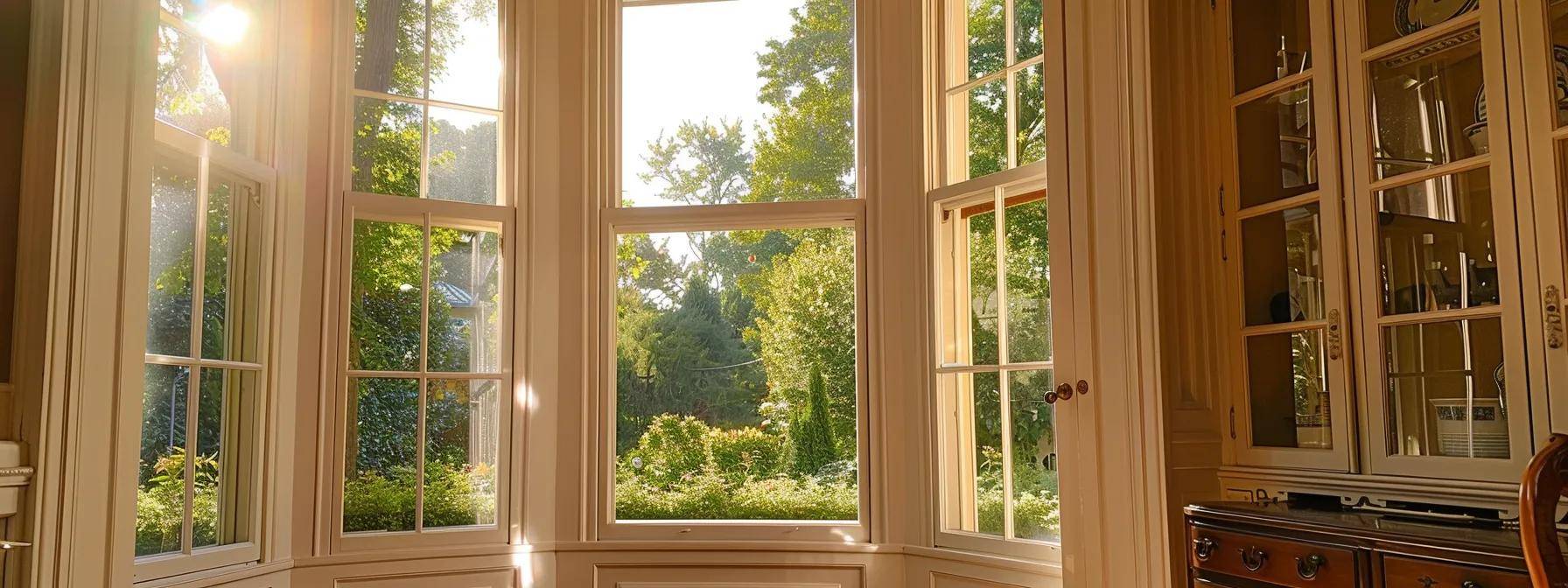
Why Are Bay Windows Popular for Increasing Natural Light and Warmth?
Bay windows are favored by Massachusetts homeowners for their unique ability to flood interior spaces with natural light and increase warmth through passive solar gain. Their design, which projects outward from the building, creates more surface area for sunlight to enter, brightening rooms and reducing the need for artificial lighting. This also aids in naturally warming the interior during cold months, thereby reducing the reliance on heating systems.
In addition to their energy benefits, bay windows create a sense of spaciousness and are often used to form cozy seating areas or reading nooks. Their varied designs—such as bow, oriel, and cathedral windows—offer both aesthetic appeal and functional benefits, enhancing overall property value. Combined with energy-efficient glazing, bay windows represent a smart investment in both comfort and home improvement.
How Do Window Materials Affect Comfort and Energy Efficiency in Massachusetts?
The choice of window material greatly influences both comfort and energy efficiency. Vinyl windows are celebrated for their multi-chambered design, which offers high insulation, low maintenance, and resistance to moisture—ideal for Massachusetts’ variable climate. Wood windows provide natural beauty and excellent insulation but require more upkeep to protect against weather-related deterioration. Fiberglass windows offer a balanced solution with high durability, excellent thermal performance, and minimal maintenance due to their resistance to warping and corrosion.
Each material also impacts noise insulation and overall air-tightness. High-quality construction in vinyl, wood, or fiberglass can reduce drafts and external noise, contributing to a peaceful indoor environment. Homeowners should assess factors like aesthetics, maintenance needs, and long-term durability when choosing the window material that best fits their comfort and energy goals.
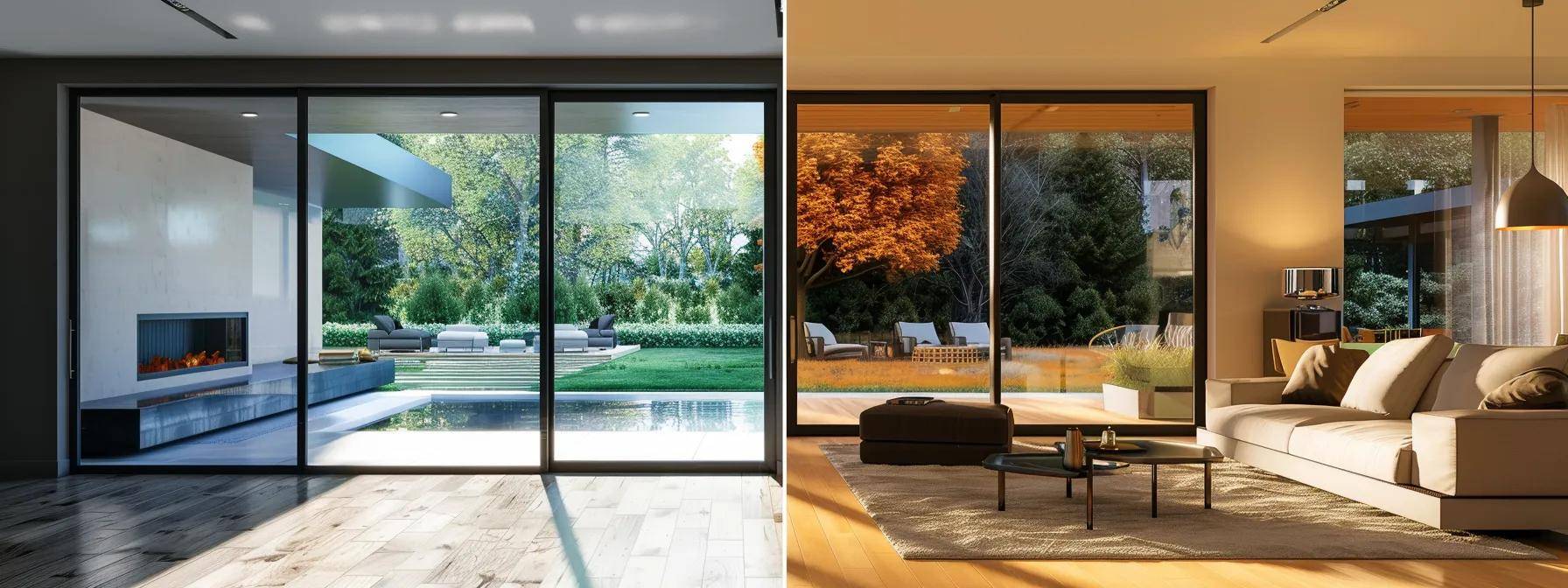
What Are the Benefits of Vinyl Windows for Massachusetts Climate?
Vinyl windows are particularly suited to the Massachusetts climate because they are engineered to endure drastic temperature fluctuations. Their cellular structure provides excellent thermal insulation, minimizing heat loss in winter and reducing solar heat gain during summer. This contributes to energy savings and a consistent indoor environment.
Vinyl windows require little maintenance since they do not need painting or sealing and resist corrosion and rot. They are available in a variety of styles that can mimic traditional wood for aesthetic appeal. Cost-effectiveness is another notable benefit, with lower production and installation costs making them an attractive option for budget-conscious homeowners. Their recyclability and improved manufacturing processes also support sustainable living, reducing the home’s carbon footprint.
How Do Wood and Fiberglass Windows Compare in Durability and Insulation?
Wood windows offer a timeless, natural look with excellent insulation due to their cellular structure, making them popular in historic or traditionally styled homes. However, they require regular maintenance to prevent issues like rot or moisture damage. Fiberglass windows, on the other hand, provide remarkable durability and low maintenance. They resist temperature fluctuations better than wood, maintaining shape and structural integrity over time, which results in consistently high insulation performance.
While both materials can be engineered for energy efficiency, fiberglass generally outperforms wood in terms of longevity and resistance to environmental challenges. Homeowners must weigh the aesthetic charm of wood against the practical, enduring performance of fiberglass to choose the option that best suits their lifestyle and home design.
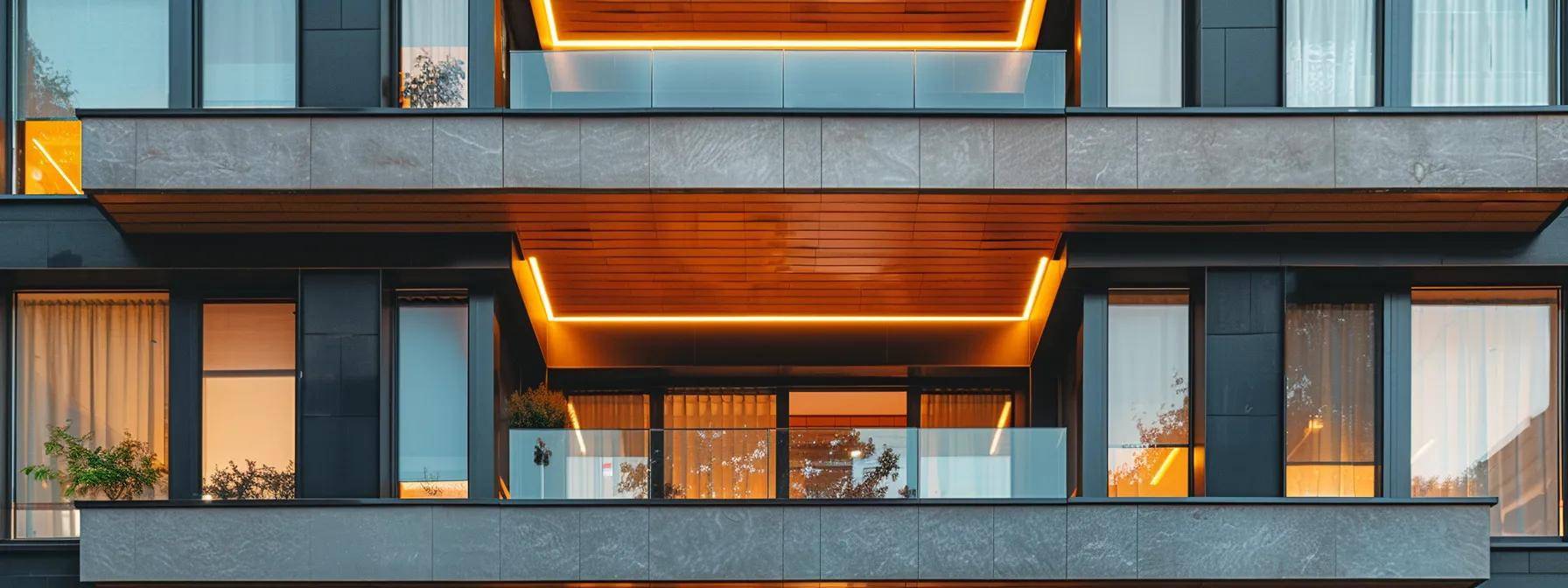
What Energy Efficiency Features Should Massachusetts Homeowners Look for in New Windows?
When selecting new windows, Massachusetts homeowners should prioritize several key energy efficiency features. Low-emissivity (Low-E) coatings are essential; they reflect heat back into the room during winter and block ultraviolet rays in summer, protecting interior furnishings as well as enhancing insulation.
Modern windows typically feature double or triple-pane configurations with inert gas fills (argon or krypton) between the panes, which significantly reduce heat transfer. The efficiency ratings—specifically low U-Factor and high R-Value—are critical markers of a window’s performance. Durable window frames constructed from vinyl or fiberglass further contribute to energy efficiency, especially when paired with thermally broken designs.
Additional smart features, such as sensors to detect open windows, help prevent accidental energy loss. Homeowners should also ensure that proper installation methods are followed, as even the best features can be compromised by poor workmanship. Certifications like ENERGY STAR® provide further assurance of a window’s efficiency and performance. Together, these elements ensure a cost-effective upgrade that enhances comfort and reduces energy costs.
How Do Low-E Coatings Improve Thermal Performance?
Low-E coatings play a vital role in modern window technology by enhancing thermal performance. Applied as a thin metallic film on the glass, these coatings reflect infrared and ultraviolet rays, reducing unwanted heat loss in winter and minimizing heat gain during summer. This results in a lower U-Factor, meaning less heat escapes or enters the home.
By protecting interior furnishings from over 70% of harmful UV rays, low-E coatings also help preserve the condition of fabrics and artwork. Their performance can be tailored to meet regional needs—prioritizing heat retention in Massachusetts’ cold winters and reducing glare in the summer. Furthermore, qualifying for rebates and tax credits is often easier with windows that include high-performance low-E coatings. This technology not only enhances comfort but also contributes to long-term energy savings and improved indoor environmental quality.
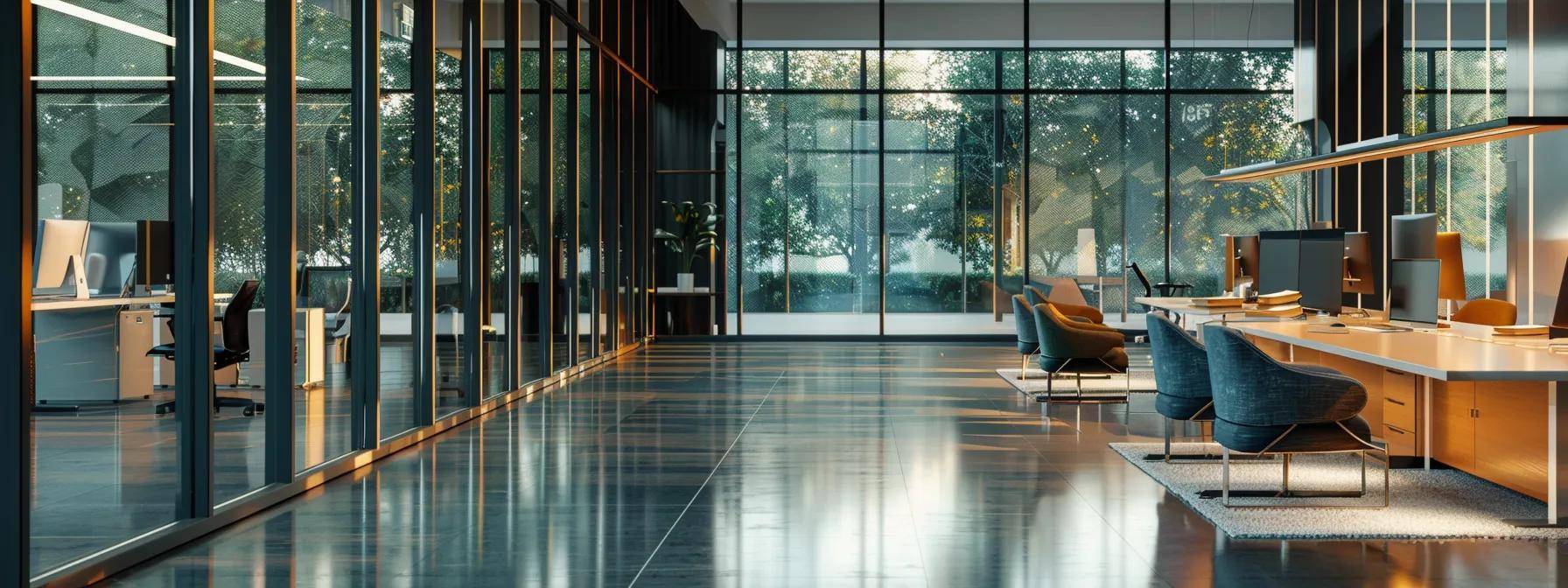
What Are the Differences Between Double-Pane and Triple-Pane Windows?
Both double-pane and triple-pane windows are popular for their energy efficiency, though they differ in construction and performance. Double-pane windows consist of two layers of glass with an insulating gas fill, providing significant resistance to heat loss and noise reduction. Triple-pane windows add a third glass layer and gas space, offering even better insulation and soundproofing, which makes them ideal for extremely cold climates or areas with high noise pollution.
While triple-pane windows typically deliver superior thermal performance, they come at a higher cost due to the extra materials and more complex manufacturing process. Noise reduction and long-term durability are enhanced, but homeowners must weigh these benefits against budget constraints. A comparison table is often used to summarize the key differences in insulation, noise reduction, cost, and suitability to help make an informed decision.
How Do U-Factor and R-Value Ratings Impact Window Performance?
U-Factor and R-Value are critical benchmarks in assessing window efficiency. The U-Factor measures the rate of heat loss through a window—a lower value indicates better insulation. Conversely, the R-Value measures resistance to heat flow, so a higher R-Value signifies superior insulation performance. Together, these metrics allow homeowners to compare window models and choose ones that will minimize energy loss.
Efficient windows with optimal U-Factor and R-Value ratings reduce the workload on HVAC systems by maintaining consistent indoor temperatures. This not only results in lower energy bills but also mitigates issues like condensation, which can harm the building structure. Labels such as ENERGY STAR® further confirm that a window meets rigorous efficiency standards, ensuring that homeowners enjoy both comfort and environmental benefits.
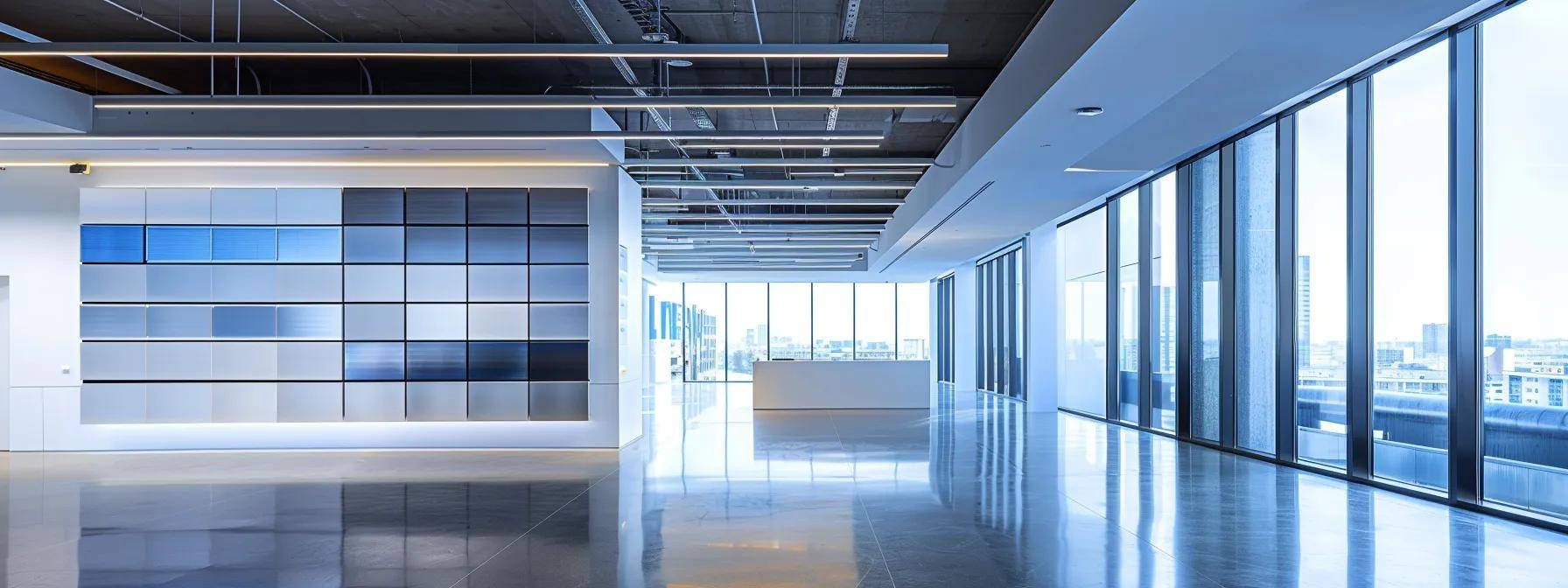
What Is the Typical Window Replacement Process to Maximize Comfort in Massachusetts Homes?
The window replacement process is a multi-step procedure designed to optimize energy efficiency and indoor comfort. It begins with a thorough home energy assessment to identify windows with significant heat loss or drafts. Based on this assessment, homeowners collaborate with professionals to select windows that meet their style, energy, and durability requirements.
Accurate measurement is critical to ensure that new windows fit precisely, preventing air leaks. After careful removal of the old windows and any necessary repairs to the frames, the new windows are installed using high-quality sealants and insulation materials to guarantee an airtight fit. A final inspection ensures that the installation meets performance standards, and detailed maintenance instructions are provided to the homeowner. Many projects also qualify for rebates from programs such as Mass Save, further enhancing the investment’s value.
How Should Homeowners Prepare for Window Installation?
Successful window installation begins with thorough preparation. Homeowners should first schedule a professional home energy assessment to identify areas where drafts, heat loss, or moisture issues are most pronounced. Clearing furniture and obstacles from the vicinity of windows ensures ease of access for the installation team.
A detailed consultation with the contractor is essential to discuss project scope, timelines, installation methods, and materials. It is also vital to secure any necessary permits from local building departments to avoid legal complications. Following the installation, planning for a cleanup and a follow-up inspection helps ensure that the new windows perform at peak efficiency. Proper communication throughout the process sets clear expectations and ensures long-term benefits in home comfort and energy savings.
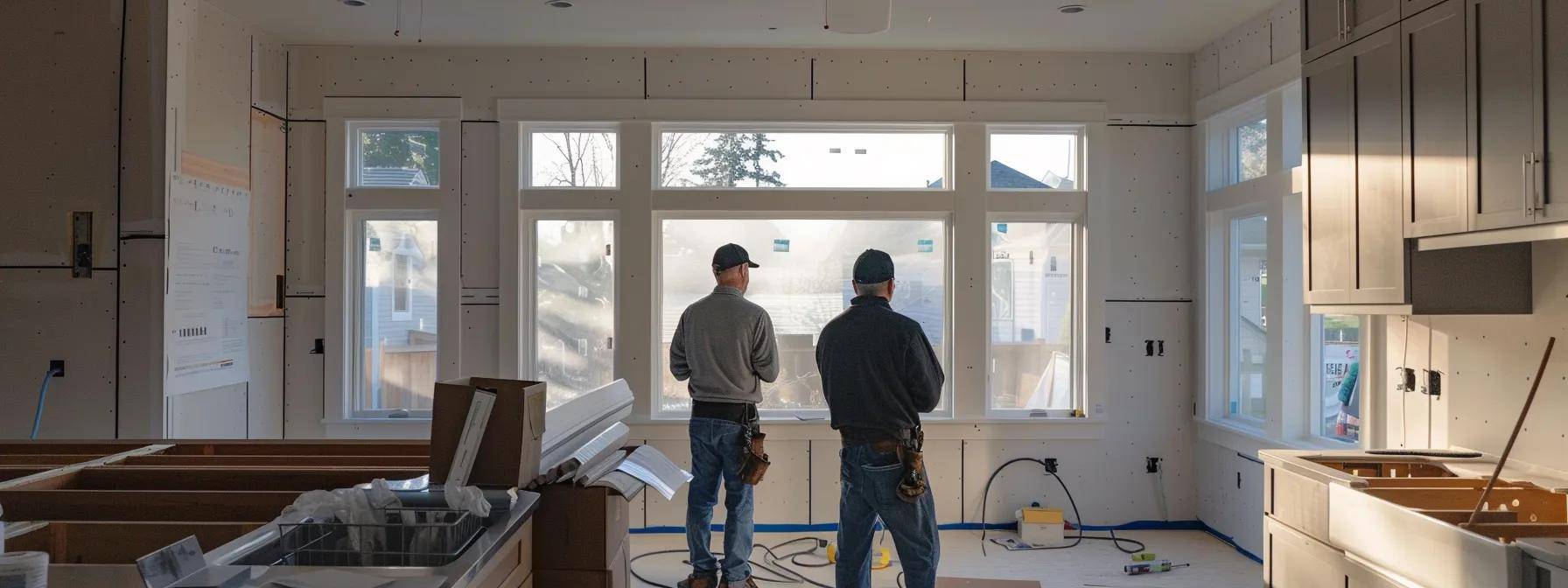
What Steps Ensure Proper Measurement and Professional Installation?
Proper measurement and installation are the cornerstones of a successful window replacement. The process starts with careful measurement of each window opening using specialized tools to guarantee an exact fit. Even slight discrepancies can lead to gaps that reduce energy efficiency.
After the old windows are removed with protective measures to prevent damage, the openings are thoroughly cleaned and any needed repairs are made. Professional installers then securely set the new windows using high-quality sealants and insulation, ensuring an airtight, durable fit. A rigorous final inspection confirms that the installation meets all local building standards and manufacturer guidelines, delivering maximum benefits in comfort and energy savings.
How Does Professional Installation Affect Window Longevity and Comfort?
Professional installation is essential for ensuring the long-term performance and durability of new windows. Experienced technicians meticulously measure, align, and seal each window, creating a barrier against drafts and moisture while enhancing thermal performance and noise reduction. This precision prevents common issues like gaps and condensation that can compromise both energy efficiency and comfort.
A professionally installed window system not only maintains its aesthetic appeal over time but also benefits from warranties that cover both workmanship and materials. Additionally, improved acoustic insulation from proper installation contributes to a quieter indoor environment. In essence, professional installation converts high-performance windows into lasting benefits, reducing energy bills and increasing overall home value.
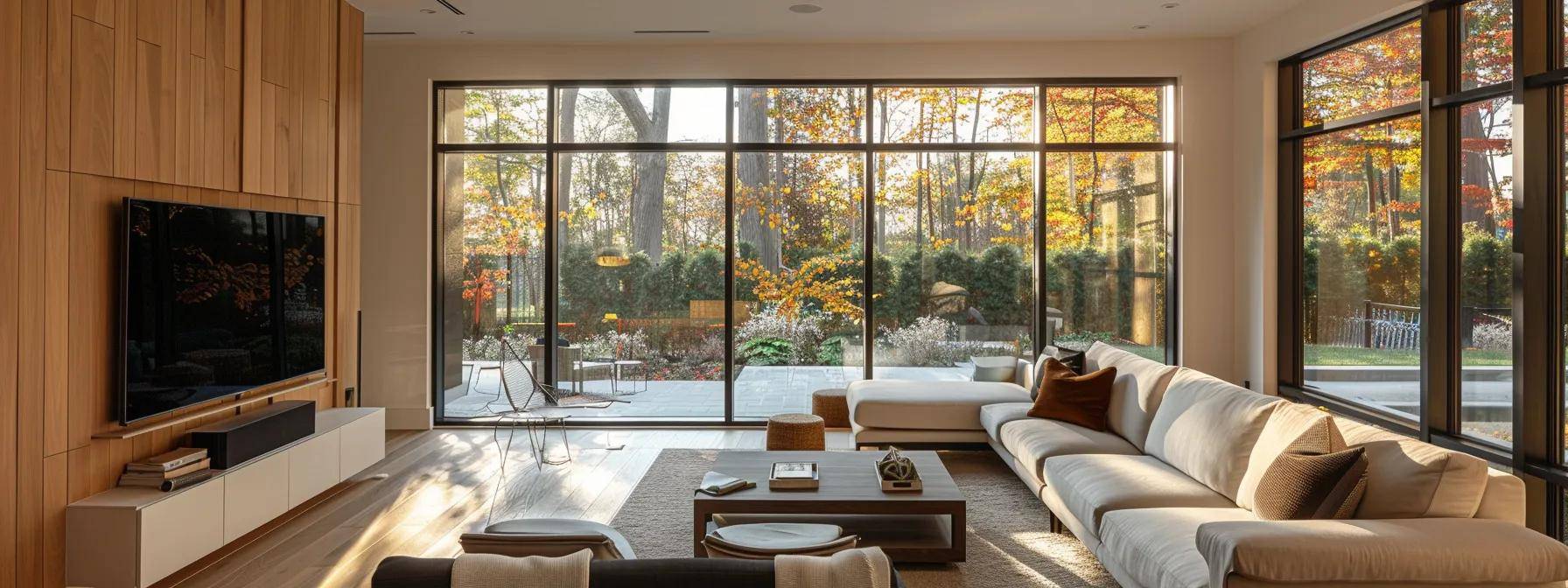
How Do Massachusetts Building Codes and Permits Affect Window Replacement?
Building codes and permits in Massachusetts ensure that window replacements meet stringent safety, energy efficiency, and aesthetic standards. Homeowners must obtain permits from local authorities, which involve submitting detailed plans and specifications. These measures guarantee that the new installations are structurally sound and optimized for energy performance.
Compliance with these regulations protects homeowners from both legal issues and future complications, such as problems during property resale. Professional contractors manage the permitting process to ensure that all installations adhere to local codes, thereby maximizing home comfort, energy efficiency, and overall safety.
When Is a Permit Required for Window Replacement in Massachusetts?
A permit is generally required for window replacement projects involving structural changes, alterations to energy conservation features, or modifications affecting a home’s exterior appearance. Local guidelines specify when permits are necessary—for instance, if the window opening is resized or additional framing and insulation work is needed. Even projects that seem cosmetic may require permits if they impact energy performance or structural integrity.
Obtaining the proper permits protects homeowners from potential fines and complications during property transactions. Professional window replacement companies handle the associated paperwork and inspections, ensuring that installations comply with all state and local regulations.

How Much Does Window Replacement Cost in Massachusetts and How Does It Relate to Home Comfort?
The cost of window replacement in Massachusetts varies based on window type, materials, energy efficiency features, and installation complexity. Typically, homeowners may spend from a few hundred to several thousand dollars per window. Although the initial investment might seem high, the long-term benefits—including improved durability, lower energy bills, and enhanced comfort—often justify the expense.
High-quality, energy-efficient windows help maintain consistent indoor temperatures, reduce drafts, lower HVAC demands, and contribute to noise reduction. For example, premium options like triple-pane glass or advanced low-E coatings, while more expensive upfront, provide superior thermal performance and can increase property value. Rebates and incentives from programs like the Mass Save Program further offset these costs, making window replacement a smart, long-term investment in home comfort.
A simplified cost breakdown shows that factors such as window materials, energy efficiency features, window type, labor, and permit fees all contribute to the overall price. In the end, upgrading windows not only enhances indoor comfort but also reduces maintenance costs and improves sustainability.
Frequently Asked Questions
Q: How do new windows help reduce my energy bills? A: New windows reduce energy bills by improving insulation with low-E coatings and multiple glazing layers. This minimizes the exchange of indoor and outdoor temperatures, leading to less reliance on heating and cooling systems. In Massachusetts, this can lower energy consumption by up to 25%, resulting in cost savings and enhanced comfort.
Q: What types of window styles are most energy efficient for cold climates? A: Casement and bay windows are particularly energy efficient for cold climates. Casement windows form a tight seal when closed, while bay windows maximize natural light and passive solar heating. Both, when equipped with low-E coatings and multiple panes, are designed to maintain consistent indoor temperatures during harsh winters.
Q: Are vinyl windows a good choice for Massachusetts homes? A: Yes, vinyl windows are an excellent choice due to their strong insulation, low maintenance, and durability against extreme weather. Their multi-chambered design reduces heat transfer, lowers energy bills, and enhances indoor comfort, all while being cost-effective and supported by extended warranties.
Q: What role do permits play in the window replacement process? A: Permits ensure that window replacements comply with local building codes and energy efficiency standards, which are essential for safety. In Massachusetts, permits are required for projects involving structural changes or alterations that impact the building’s exterior. They protect homeowners from fines and assure that installations are correctly performed, maximizing comfort and efficiency.
Q: How long does it take to complete a typical window replacement project? A: Most residential window replacements are completed within one to three days, depending on the number of windows and project complexity. Professional installers ensure precise measurement, installation, and inspection for minimal disruption and maximum energy efficiency.
Q: What are the main differences between double-pane and triple-pane windows? A: Double-pane windows consist of two layers of glass with an insulating gas fill, while triple-pane windows add a third layer for superior insulation and soundproofing. Triple-pane options provide better energy performance and noise reduction but come at a higher cost, making them ideal for extreme climates and noise-sensitive environments.
Q: Can window replacement increase my home’s overall value? A: Absolutely. Upgrading to new, energy-efficient windows not only reduces energy bills and maintenance costs but also enhances curb appeal and market value. Prospective buyers appreciate modern, well-installed windows that contribute to long-term home comfort and efficiency.

